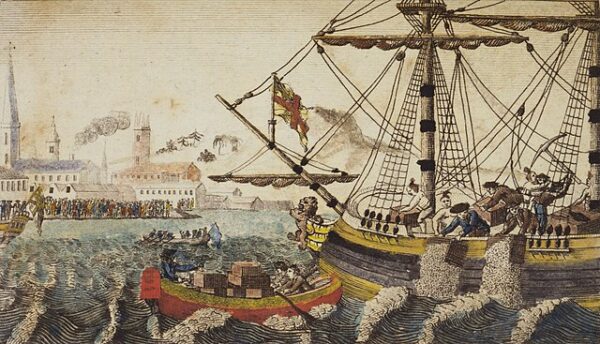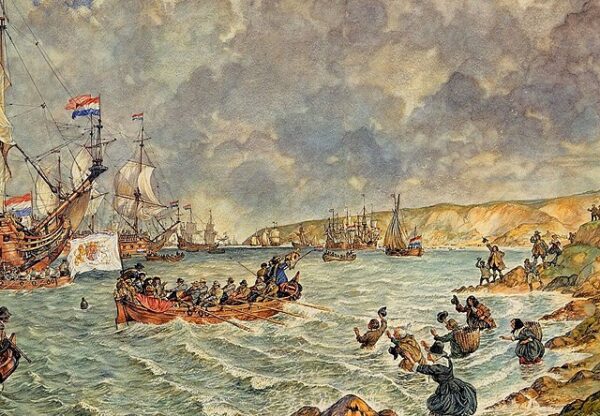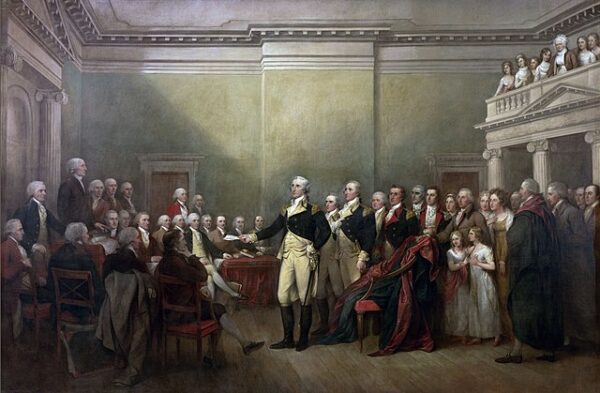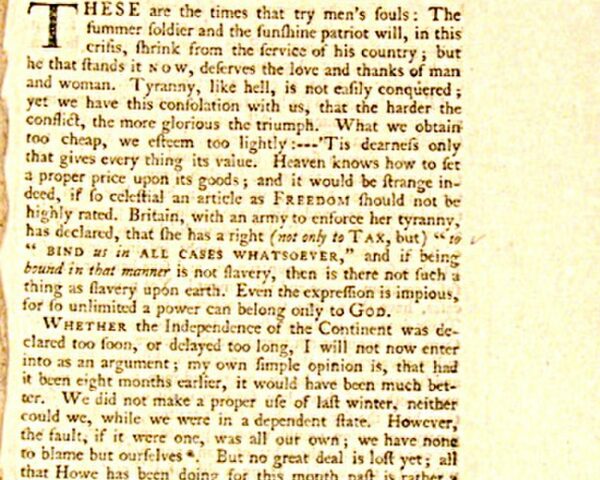The passage of the Tea Act by the British Parliament on May 9, 1773, served as a pivotal moment in American history, providing a catalyst for the American Revolution. The Tea Act was essentially designed to bail out the struggling British East India Company by granting it a monopoly on the tea trade with the American colonies. This meant that the British East India Company could sell its tea directly to the colonies without paying the usual taxes, undercutting the prices of colonial merchants and smugglers.
On the surface, the Tea Act seemed like a boon for the colonists, as it promised cheaper tea. However, it was deeply resented by many colonists who saw it as yet another attempt by the British government to exert control over their lives and economies without their consent. The colonists were particularly incensed by the fact that the Tea Act maintained the British tax on tea, effectively forcing them to pay taxes to a government in which they had no representation.
The passage of the Tea Act led directly to the Boston Tea Party on December 16, 1773, when a group of colonists disguised as Mohawk Indians boarded three British ships docked in Boston Harbor and dumped 342 chests of tea into the sea. This brazen act of defiance sent shockwaves throughout the colonies and infuriated British authorities, who responded with harsh measures aimed at quelling dissent.
The British government’s response to the Boston Tea Party only further inflamed tensions between the colonies and the mother country. In 1774, Parliament passed a series of punitive measures known as the Intolerable Acts, which were aimed at punishing Massachusetts for its role in the Boston Tea Party. These measures included the closure of Boston Harbor, the suspension of Massachusetts’ colonial charter, and the quartering of British troops in private homes.
The passage of the Tea Act and its consequences ultimately played a crucial role in galvanizing colonial opposition to British rule and paving the way for the American Revolution. By attempting to assert its authority over the colonies through measures like the Tea Act and the Intolerable Acts, the British government unwittingly pushed the colonists towards rebellion and independence.






